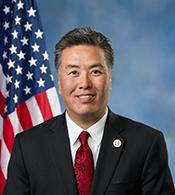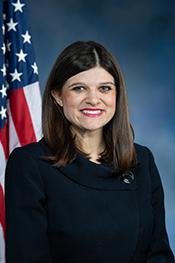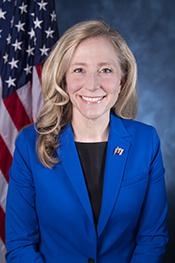0
0
0
FAIR Leave Act
12/30/2022, 5:47 PM
Summary of Bill HR 3791
The FAIR Leave Act, also known as Bill 117 hr 3791, is a piece of legislation currently being considered by the US Congress. The purpose of this bill is to provide employees with paid leave for various reasons, including illness, caregiving responsibilities, and personal reasons.
Under the FAIR Leave Act, employees would be entitled to up to 12 weeks of paid leave per year to care for themselves or a family member who is ill. This leave would be available to full-time and part-time employees who have worked for their employer for at least 90 days.
In addition to medical leave, the FAIR Leave Act also includes provisions for paid parental leave. New parents would be entitled to up to 12 weeks of paid leave to care for a new child, whether through birth, adoption, or foster care. The FAIR Leave Act aims to provide a safety net for employees who need time off for personal or family reasons without sacrificing their income. By providing paid leave, this bill seeks to support working families and promote a healthy work-life balance. Overall, the FAIR Leave Act is a comprehensive piece of legislation that addresses the need for paid leave in the United States. If passed, this bill would have a significant impact on the lives of American workers and their families.
Under the FAIR Leave Act, employees would be entitled to up to 12 weeks of paid leave per year to care for themselves or a family member who is ill. This leave would be available to full-time and part-time employees who have worked for their employer for at least 90 days.
In addition to medical leave, the FAIR Leave Act also includes provisions for paid parental leave. New parents would be entitled to up to 12 weeks of paid leave to care for a new child, whether through birth, adoption, or foster care. The FAIR Leave Act aims to provide a safety net for employees who need time off for personal or family reasons without sacrificing their income. By providing paid leave, this bill seeks to support working families and promote a healthy work-life balance. Overall, the FAIR Leave Act is a comprehensive piece of legislation that addresses the need for paid leave in the United States. If passed, this bill would have a significant impact on the lives of American workers and their families.
Congressional Summary of HR 3791
FAIR Leave Act or the Fair Access for Individuals to Receive Leave Act
This bill repeals the limit on the aggregate number of workweeks of family and medical leave that spouses employed by the same employer may be entitled to during any 12-month period. The current limit is 12 aggregate workweeks.
Read the Full Bill
Current Status of Bill HR 3791
Bill HR 3791 is currently in the status of Bill Introduced since June 8, 2021. Bill HR 3791 was introduced during Congress 117 and was introduced to the House on June 8, 2021. Bill HR 3791's most recent activity was Referred to the Committee on Education and Labor, and in addition to the Committees on Oversight and Reform, and House Administration, for a period to be subsequently determined by the Speaker, in each case for consideration of such provisions as fall within the jurisdiction of the committee concerned. as of June 8, 2021
Bipartisan Support of Bill HR 3791
Total Number of Sponsors
1Democrat Sponsors
1Republican Sponsors
0Unaffiliated Sponsors
0Total Number of Cosponsors
78Democrat Cosponsors
72Republican Cosponsors
6Unaffiliated Cosponsors
0Policy Area and Potential Impact of Bill HR 3791
Primary Policy Focus
Labor and EmploymentPotential Impact Areas
- Employee leave
- Marriage and family status
- Military personnel and dependents
Alternate Title(s) of Bill HR 3791
FAIR Leave Act
To amend the Family and Medical Leave Act of 1993, to repeal certain limits on leave for married individuals employed by the same employer.
FAIR Leave Act
Fair Access for Individuals to Receive Leave Act
Comments
Sponsors and Cosponsors of HR 3791
Latest Bills
ESTUARIES Act
Bill HR 3962December 13, 2025
Federal Maritime Commission Reauthorization Act of 2025
Bill HR 4183December 13, 2025
National Defense Authorization Act for Fiscal Year 2026
Bill S 1071December 13, 2025
Enduring Justice for Victims of Trafficking Act
Bill S 2584December 13, 2025
Technical Corrections to the Northwestern New Mexico Rural Water Projects Act, Taos Pueblo Indian Water Rights Settlement Act, and Aamodt Litigation Settlement Act
Bill S 640December 13, 2025
Incentivizing New Ventures and Economic Strength Through Capital Formation Act of 2025
Bill HR 3383December 13, 2025
BOWOW Act of 2025
Bill HR 4638December 13, 2025
Northern Mariana Islands Small Business Access Act
Bill HR 3496December 13, 2025
Wildfire Risk Evaluation Act
Bill HR 3924December 13, 2025
Energy Choice Act
Bill HR 3699December 13, 2025




